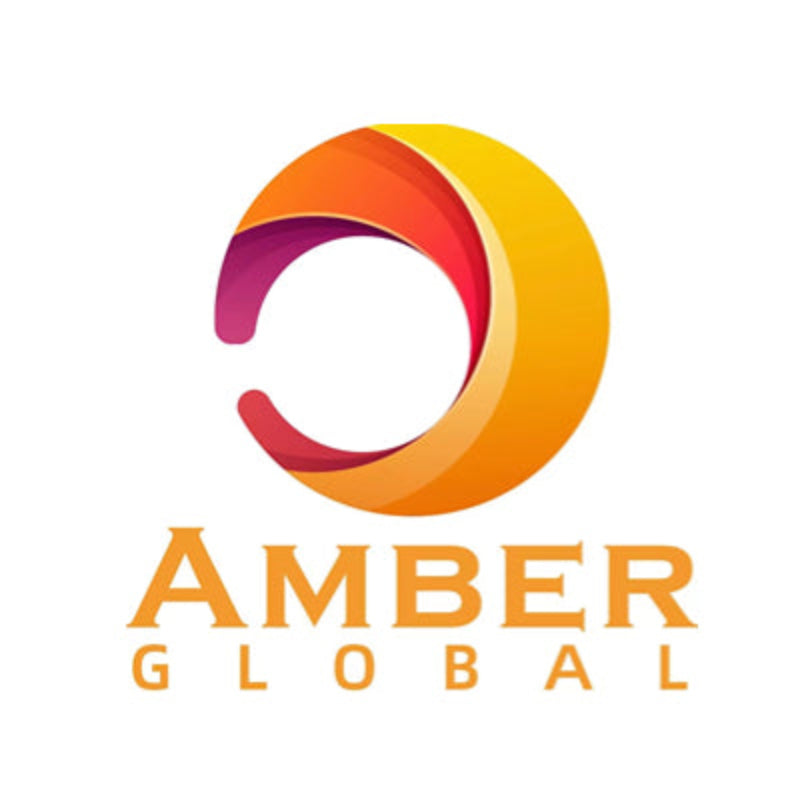Spain's Royal Decree No. 993/2022 of 29 November 2022 stipulates that the industrial registration number must be indicated in the product documentation of electronic and electrical equipment (EEE) and batteries and accumulators imported into Spain from third countries.
-
The Royal decree will come into force on January 16, 2023.
This policy will be implemented by SOIVRE (Spanish Import and Export Inspection Agency). SOIVRE built the DOCUCICE file library.
If the importer or cross-border e-commerce products have registered RII-AEE or RII-PYA, and uploaded the relevant files through the DOCUCICE file library in advance. SOIVRE will be granted a green channel after inspection, and the goods will normally be released automatically.
The registration code of the Ministry of Industry has been specially marked in the new customs declaration document. Without the registration code of Spanish EPR, customs clearance will not be possible.
Aliexpress platform has released the "Announcement on the addition of Spanish EPR Compliance Qualification" on December 23.
Next, the Spanish customs agency and other e-commerce platforms will also require cross-border e-commerce sellers to complete Spanish EPR compliance.
What categories and products are included in Spanish EPR?
1. Spanish packing method
Similar to Germany and France, any product entering Spain needs to be registered under Spanish packaging law because almost all products come with packaging. For example (including but not limited to) :
2. Spanish WEEE
Like the classification of weee in Germany, the classification of WEEE in Spain includes seven categories:
Category 1: Temperature switching equipment
Category 2: Display, Screen (area greater than 100 sq cm)
Category 3: Lamp (size greater than 50cm on either side)
Category 4: Large appliances
Category 5: Small Electrical Appliances (none more than 50cm on either side)
Category 6: Small telecommunications Equipment (not exceeding 50cm on either side)
Category 7: Large photovoltaic panels
3. Spanish Battery Law
Batteries and accumulators are devices that allow the conversion of chemical energy to obtain electrical energy. It has a wide range of uses, from electrical and electronic equipment (computers, mobile phones, tools, medical equipment, toys, etc.), the automotive industry in the traction of internal combustion engine vehicles and electric vehicles, vehicles light electric vehicles, etc., used to store energy of fixed energy, as well as a variety of applications in industrial uses.
Spanish battery law product categories are divided into 4 categories:
1) Button battery: alkaline button battery, lithium button battery
2) Ordinary battery: alkaline battery, carbon battery, lithium battery
3) Digital lithium ion battery: mobile phone lithium ion battery, notebook ion battery, plate lithium ion battery
4) industrial storage batteries
The particularity of Spanish packing law
Similar to Germany or France, when selling (packaging) products to buyers in Spain, the seller is obliged to register the Spanish packaging law, and the obligation for packaging recycling is effective from the first product sold by the seller in Spain. Spanish packaging law has some different features from German and French:
1. The basic cost of Spanish packaging method is very high
The recycling cost in Spain is very high, because the Spanish packing law is declared as a minimum of 1 ton. So, regardless of whether the seller has 1kg or 1ton of packaging waste per year, the minimum recycling charge is currently 600 euros per year.
2. Glass packaging has a special recycling obligation
Sales of glass bottles (packaged in cartons) through e-commerce channels are subject to a separate recycling scheme to comply with Spanish packaging laws.
Sellers of beauty products, alcohol and beverages need to pay special attention.
Producers in Royal Decree 993/2022
What exactly does that mean?
Manufacturers, distributors, importers, exporters, cross-border e-commerce (remote sellers)
According to Royal Decree No. 110/2015 of Spain on Waste Electronic and Electrical Equipment, the following manufacturers are subject to ECOTASA:
1. Established in Spain and manufacturing AEE (electronic products) under its own brand;
2. Established in Spain and sold with AEE of its own brand manufactured by a third party;
3. Established in Spain, import AEE from other countries into Spain;
4. Established in Spain to export to other countries;
5. Sell AEE to Spanish users through online platforms.
Therefore, all AEE products (electrical and electronic equipment, batteries and accumulators) sold to Spain should be registered and declared with RII-AEE.
-
Consequences of not registering the Spanish EPR
1) The customs prohibits non-compliant electronic appliances, batteries and battery products from entering the market;
2) Unable to enter customs, the platform may not be able to sell;
3) Producers who fail to declare will be subject to sanctions and fines by the government and Environmental Protection Bureau. In serious cases, they may have their business licenses revoked for 10 years or be permanently banned from operating;
4) Be fined up to 1.75 million euros by the regulator.
Identification requirement
1. Spanish packaging label
The GreenDot logo used to be forced onto most packages sold in Europe. With the recycling scheme open to other competitors, the responsibility for putting green dots on packaging faded away. But in Spain, with the exception of Cyprus, Spain now uses the green label for packaging.
2. Spanish WEEE logo
Logo of electronic products: RD RAEE follows the labeling requirements of WEEE directive. Products need to be marked with a fork wheeled trash can and a thick black line below it.
3. Spanish battery law label
The Spanish battery law label is the same as the German battery law label, marking the trash can without underscores with crosses.
The entry rules of sellers into the European market are getting higher and higher, and the compliance of EU products is becoming more and more strict. The sellers should not only pay attention to the operation of the store, but also deal with the updated policies of the platform, so as to make timely countermeasures and plans.

